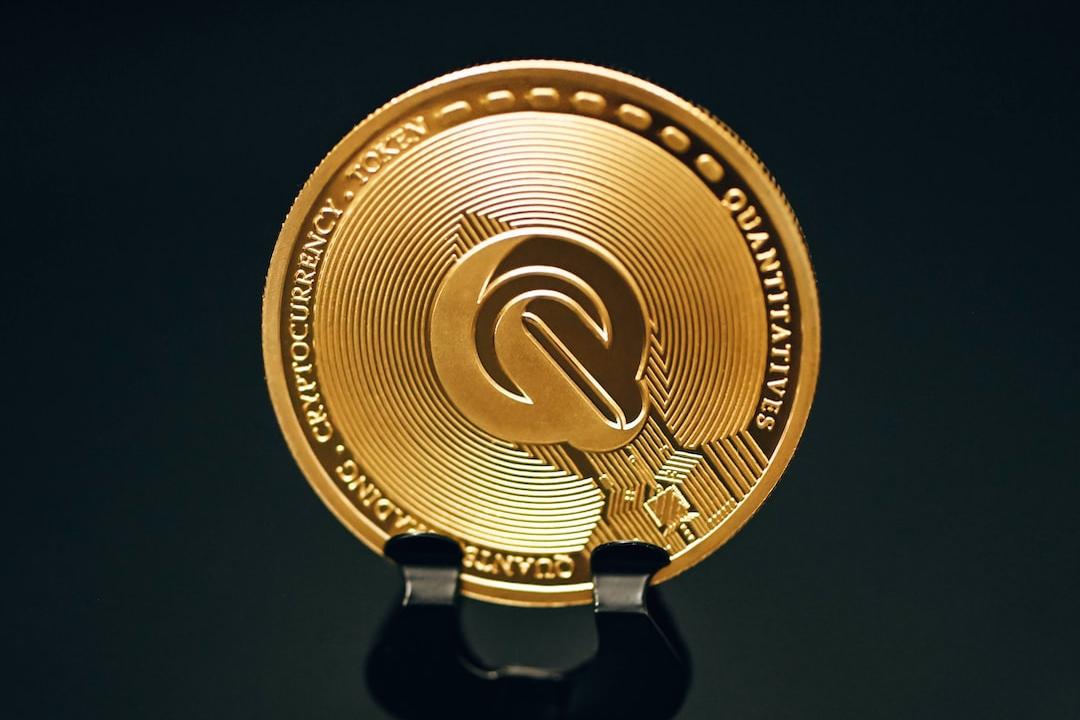The Pi Network app has achieved a significant milestone, with over 10 million users completing the Know Your Customer (KYC) process to verify their identities, according to an announcement made on April 16. The Pi team has set a series of goals, including reaching 15 million users who have passed KYC, to launch a mainnet and make the tokens tradable. With 10 million accounts already verified, the remaining five million users need to complete the verification process to meet this goal.
However, AIMultiple, a business analytics platform, has cast doubt on the value of Pi Network, stating that it does not offer any value to users since the Pi coins cannot be exchanged for fiat currency on exchanges. The Pi Network was introduced in 2019 as a centralized app where users can earn Pi tokens by clicking a button within the app daily, but they cannot transfer the tokens to other users through a wallet at present.
According to the announcement, the 10 million users, known as “Pioneers,” have verified their identities through the app’s native identity verification solution called Pi KYC. This solution combines machine automation and crowdsourced, hyperlocal human verification to ensure secure, accurate, and efficient KYC.
Nicolas Kokkalis, co-founder and head of technology for Pi, believes that this achievement proves that the industry can succeed without depending on fiat services. He claims that the new KYC system will also benefit other Web3 services that require identity verification by using Pi.
The team has announced plans to launch an “Open Network” or mainnet in 2024 if certain conditions are met, including the development of 100 Pi apps and 15 million users passing KYC. Additionally, the team must complete all necessary work in technology, product, business, and legal aspects and ensure an external environment that supports the network’s success. The specific date for the mainnet launch has not been announced yet.
However, Cem Dilmegani, an analyst at AIMultiple, believes that Pi Network is unlikely to benefit users significantly. He views it as a direct selling or affiliate marketing system that promises future rewards to users for bringing in new users. Dilmegani claims that this system is used to generate traffic and sell advertising for the benefit of the app’s developer, with the founders already benefiting from optional video ads at the app’s launch.
Dilmegani also argues that launching a blockchain mainnet would cause the token’s value to decline rapidly as users sell it in the market. This could potentially eliminate the app’s value to advertisers, as users would no longer have an incentive to log in and engage with the app.
Cointelegraph reached out to the Pi team for a comment, and a representative acknowledged that Pi has taken an unconventional approach to blockchain development by introducing an intermediate Enclosed Network period instead of launching an open network immediately. This approach aims to enable the development of utilities on the platform and the KYC processing of community members, ultimately building a robust network for the benefit of the entire community before launching the Open Network.
Despite some skepticism, Pi Network has gained popularity, with the app being the 22nd most downloaded iOS app in Vietnam, according to a report from Vietnamese media outlet vnExpress on March 3, 2021. However, the app faced an issue in May 2021 when it inadvertently leaked images of users’ identity cards to a hacker. The Pi Network spokesperson clarified that the app handles KYC through a third-party and does not store this data on its servers, with no evidence of a data leak.

